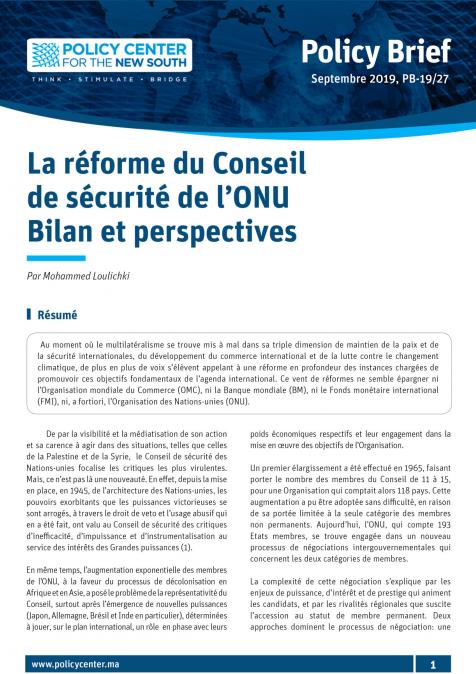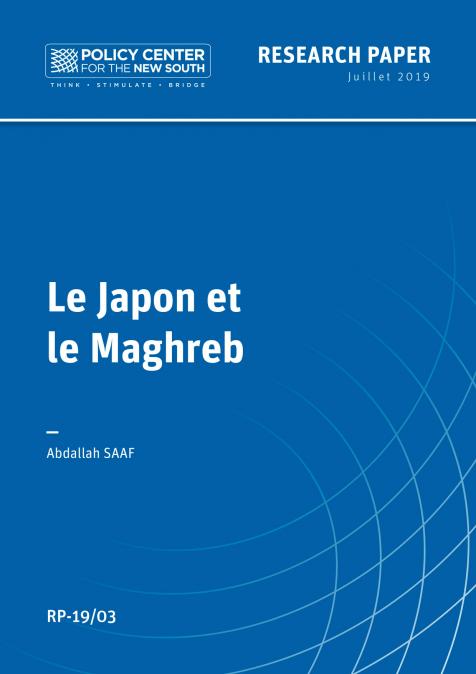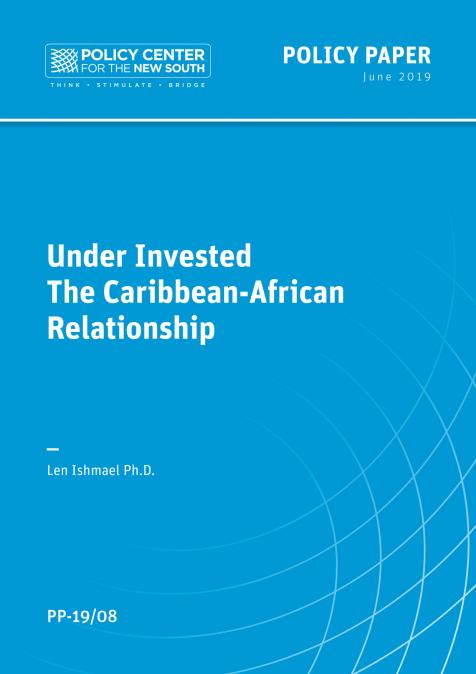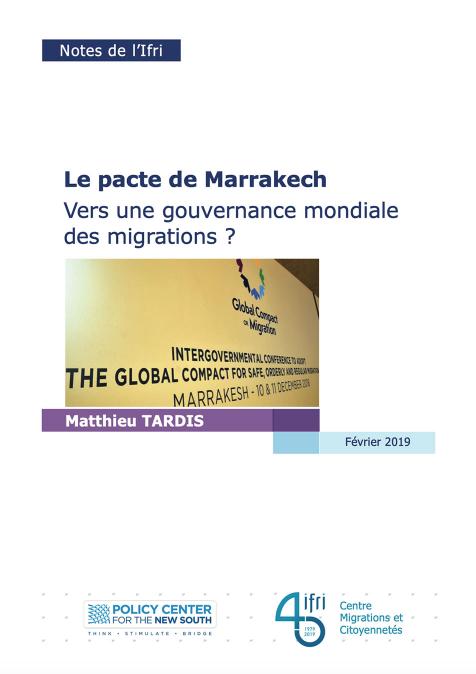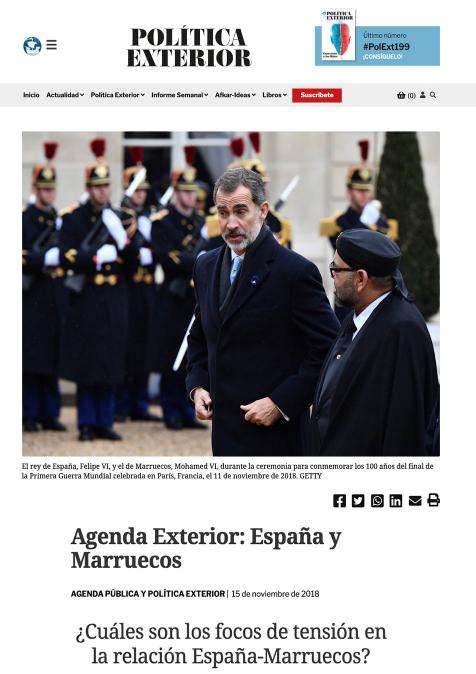Publications /
Opinion
The unshaven man, who did not let go of his Kalashnikoff while we talked, had been wounded in battles with Israeli troops, and was now hiding in the land that those troops had occupied—the Jordan Valley. Yasser Arafat, whom I met for the first time in the spring of 1968 at his secret base, was then still known as Abu Ammar, willing to sacrifice his life for the liberation of his people dispersed by around the world, particularly in neighboring Arab nations. The 1968 interview, Arafat’s first extensive one-to-one with a foreign publication, documented an optimistic leader of El-Fatah, 38 years old and certain of triumph. “I believe in our revolution and victory, and I am certain that we will recover our stolen land”, said Arafat, later honored with a Nobel Peace Prize for his struggles to achieve peace with Israel. “History is on our side”.
The unshaven man, who did not let go of his Kalashnikoff while we talked, had been wounded in battles with Israeli troops, and was now hiding in the land that those troops had occupied—the Jordan Valley. Yasser Arafat, whom I met for the first time in the spring of 1968 at his secret base, was then still known as Abu Ammar, willing to sacrifice his life for the liberation of his people dispersed by around the world, particularly in neighboring Arab nations. The 1968 interview, Arafat’s first extensive one-to-one with a foreign publication, documented an optimistic leader of El-Fatah, 38 years old and certain of triumph. “I believe in our revolution and victory, and I am certain that we will recover our stolen land”, said Arafat, later honored with a Nobel Peace Prize for his struggles to achieve peace with Israel. “History is on our side”.
More than half a century later history is betraying the Palestinians. The dream of a sovereign state of Palestine is fading away, challenged by Washington and the powers in Jerusalem, which have conspired for years to reduce Palestine to an autonomous entity, unarmed, controlled by Israeli military power and, if needed, through economic strangulation. Israel’s prime minister Benjamin Netanyahu, supported by Donald Trump, is set to annex up to 30% of Palestinian territory, unlawfully occupied by more than 500 000, mostly orthodox, Jewish settlers. But time could be running out to implement the “opportunity of the century”, as the Israeli leader declared in January at the White House, referring to the integration of Palestinian territory forever into Eretz Yisrael Hashlema or Greater Israel, stretching “from the wadi of Egypt to the Euphrates”. If Donald Trump, the struggling U.S. President, is voted out of office, Joe Biden, the democratic challenger, will reject any annexation of Palestinian territory.
‘Largely Fictitious’
If the plan supported by Trump does proceed “the State of Palestine that would be created would be largely fictitious, with no control over its borders, its security and its population with a completely fragmented and shrinking territory”, according to law professor Francois Dubuisson. He continued: “Losing East Jerusalem and the Jordan Valley, taking the 1967 lines as a reference[.] the West Bank would become landlocked with Israeli territory, losing its border with Jordan, making it particularly dependent on the good will of the State of Israel, both for the movement of people and goods. The logic of the ‘Plan’ is reminiscent of the Bantustan policy implemented by the South African apartheid regime from the end of the 1970s”. What Mr Netanyahu sees as an historic opportunity the United Nations Middle East envoy, Nickolay Mladenov called a “most serious violation of international law”. The amputation of Palestine would be a travesty of justice, as was the unilateral decision by the United States to declare unified Jerusalem as the capital of Israel, the handing of the occupied (Syrian) Golan Heights to Jerusalem, and the 180-page, so-called Peace to Prosperity plan, “a vision to improve the lives of the Palestinian and Israeli People”, without including the Palestinian authorities in any discussion. In this project Palestine, entrusted by Trump to his son-in-law Jared Kushner, it was decided to ignore the about 800 UN-supported resolutions, supporting the demands of Palestine, and the fact that 138 nations (which have recognized the State of Palestine) support the two-nation solution, a peaceful coexistence of Israel and Palestine, which is now endangered. The imminent annexation, declared Christiane Amanpour, the legendary CNN anchor, is “the final nail in the coffin”, in which the Palestinian dream will be buried. Israel’s former foreign secretary, Tzipi Livni agreed, stating that if Israel annexed Palestinian territory, it would be making “a huge historical mistake”. The Palestinians will not accept the destruction of their dreams, refusing any compromise on their statehood. Ultimately, Israel may decide to opt for one nation with two people: a Palestinian minority, without rights to participate in national elections, reduced to powerless second-class citizens, challenging in a quasi-permanent intifada the oppressive Israeli authorities.
Amputated Palestine
Should the Palestinians ever accept the American/Israeli offer, it is stated in the plan that the State of Israel will maintain overriding security responsibility for the State of Palestine, with the aspiration that the Palestinians will be responsible for as much of their internal security as possible. To implement this prerogative Israel will have the right to use “blimps, drones and similar aerial equipment for security purposes”, according to Kushner’s plan. The use of such equipment is intended to “reduce the Israeli security footprint within the state of Palestine”, which “implies that ground military intervention will also be possible”, according to Dubuisson. The question is what would remain of Palestine, once 30% of its territory has been integrated into Greater Israel? The capital of the diminished Palestine would be moved beyond the walls of Jerusalem into areas now covered by a refugee camp known as Shuafat, and neighborhoods such as Kafr Aqab or Abu Dis. Palestinian settlements, as Professor Dubuisson wrote, would be “linked together by a very complex road system, totally subjected to Israel’s security responsibility. The West Bank itself would also be enclaved in Israeli territory, with no contiguity with the Jordan border and no access to the waters of the Jordan River or the Dead Sea. The Plan thus has the effect of validating all the Israeli settlements, ignoring their illegal character under international law, and would attribute the Jordan Valley to Israel on the grounds that this region is ‘essential or Israel’s security’ without taking into account the status as ‘occupied Palestinian territory’ or the principle of non-acquisition of territory by force. It is therefore in complete disregard of international law that the borders have been drawn in the plan devised by the U.S. administration”.
How many Arab nations recalled their ambassadors from Israel, and canceled discreet business deals established between Israel, Gulf rulers or Saudi Arabia, when the U.S. handed Jerusalem as a gift to Israel? Will Egypt call off diplomatic relations with the Jewish state once the annexation of Palestinian land turns from plans into reality? Will Jordan, a nation with hundreds of thousands of Palestinian refugees, dare to rupture its diplomatic relations with Israel, fearing that Trump will cancel billions in funds? Or will Iran, supporter of the violent Hamas movement in Gaza, ultimately be the only loyal supporter of Palestine, launching another intifada? No, the European Union is preparing sanctions against the Jewish state, if its government advances its annexation of occupied land.
The opinions expressed in this article belong to the author.

